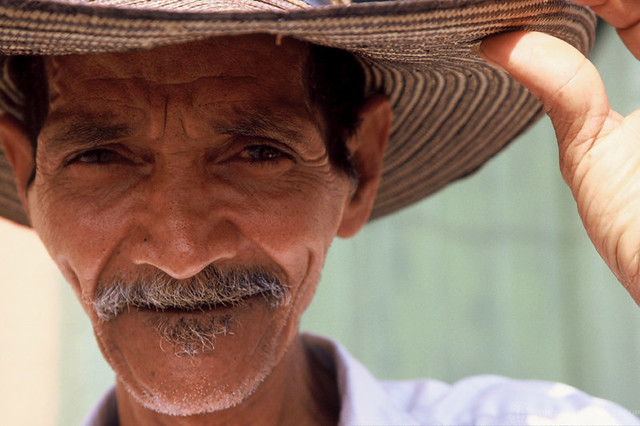Jamaica, home to 2.9 million people, has made steady progress in restoring economic stability and reducing public debt over the past decade. The country has maintained sound public financial management practices [AG1] despite recent weather-related shocks. However, growth has been modest, and challenges persist, including low productivity, limited diversification, and high vulnerability to natural disasters and external shocks.
Economic Outlook
Real GDP growth is expected to recover to 2.0 percent in 2025 and average 1.6 percent over the medium term, driven by mining, construction, and tourism. As incomes rise, poverty —measured at the international poverty line of US$8.30 per day (2021 PPP)—is projected to fall from 19.4 percent in 2025 to 18.4 percent by 2027. Inflation is expected to remain near 5 percent, and the public debt-to-GDP ratio is projected to decline toward the 60 percent target set for FY2027/28.
The current account surplus, estimated at 3.4 percent of GDP in 2024, is expected to narrow slightly but remain positive. International reserves are adequate, covering around seven months of imports, and the financial sector remains stable.
Global economic slowdowns, trade tensions, and frequent climate events could affect growth, tourism, and remittances. Food insecurity remains a concern, with 54 percent of households reporting going hungry in the 2025 Caribbean Food Security and Livelihoods Survey, up slightly from 2024. Unemployment declined to 3.3 percent by mid-2025, but youth and female unemployment rates remain higher. Continued reforms to strengthen productivity, climate resilience, and human capital will be key for sustaining progress.
Last Updated: Oct 09, 2025


